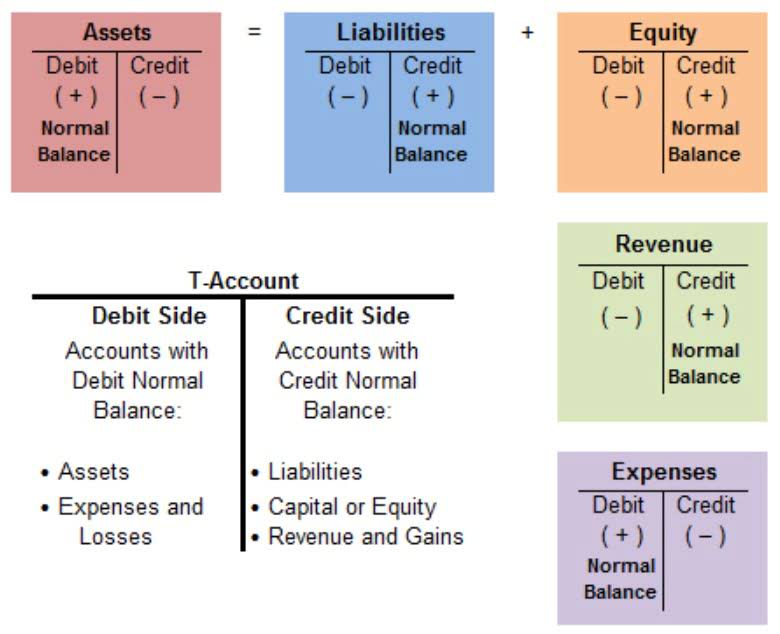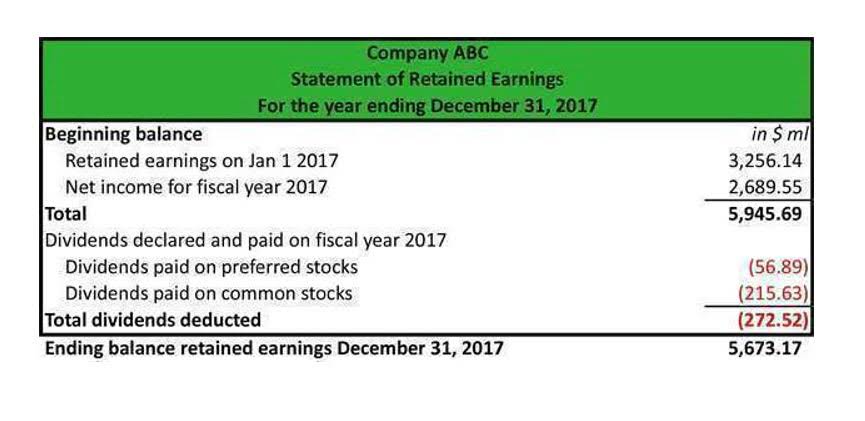
This is because the payroll computer does not know about your K-1 income. The net ordinary business income after expenses and deductions from your S Corp tax return. Generally, when you have multiple income sources, especially ones without a withholding component such as K-1’s and rentals, relying on payroll tables to determine withholdings is woefully inaccurate. Additionally, LLC owners can leverage business losses to offset other income, potentially lowering their overall tax liability.

Wanna Talk About Your Small Business?
- Adhering to these standards not only prevents tax penalties but also aligns compensation with market rates.
- The Five Minute Payroll monograph explains how to do simple cookie-cutter payroll for most one-employee S Corporations using base salary amounts of $10,000 a quarter or $16,000 a quarter.
- If you are unsure whether an S-Corp structure is suitable for your business, give us a call to perform an Entity Planning Analysis.
- S Corp owners must pay themselves a reasonable salary, which is subject to FICA taxes, to comply with IRS regulations.
- At the end of the year, however, you must have W-2 income if you received shareholder distributions.
- S corp business owners in eligible states who elect the PTET option also receive a state tax credit on their individual taxes to offset most or all the tax paid by the business.
Paying yourself involves determining a reasonable compensation based on industry standards, your qualifications, and the responsibilities you hold within the company. Ensuring that your salary aligns with these factors helps maintain proper tax reporting and compliance, thereby avoiding penalties for underpaying yourself. Managing the complexities of payroll as an S Corp owner requires a strategic approach to guarantee compliance and optimize financial outcomes. Setting a reasonable salary is not merely a matter of personal preference but involves aligning with industry standards and considering the company’s financial health. Balancing this salary with shareholder distributions can greatly enhance tax efficiency while supporting business growth.
- This makes them an attractive option for business owners, but it’s important to ensure that you do not rely too heavily on distributions at the expense of taking a reasonable W-2 salary.
- When a shareholder-employee of an S corporation provides services to the S corporation, the S corporation must reasonably compensate the shareholder-employee.
- Just $80 monthly base fee (includes federal and one state) + $12 per employee/owner per month, and a $35 annual service charge.
- Shareholders pay income taxes on their earnings, but the business itself does not pay income tax.
- All shareholders who work for the business must receive a salary because the IRS considers them employees.
Step #2: Communicate with Your Employees
- Regardless of any situtation whether retroactive or current 941 needs to be filed.
- The best way to avoid missing payroll tax deadlines or accidentally miscalculating your tax amounts is to partner with a payroll provider who can help you.
- So that’s what we’ve finally done with our $20 monograph, Five Minute Payroll.
- As an S Corp owner, you should research salaries for your role to figure out a fair and workable range.
Furthermore, IRS audits of Form 941, Employer’s Quarterly Federal Tax Return, to assess whether independent s corp payroll contractors should be classified as employees, add to the compliance challenges. The qualified business income deduction also ties closely to reasonable compensation and poses new risks of tax penalties and interest if challenged successfully by the IRS. Understanding S Corp payroll is crucial for guaranteeing compliance with IRS guidelines and avoiding potential financial penalties. S Corporation owners, who are also shareholder-employees, must adhere to specific payroll rules, including paying themselves a reasonable salary.
Shareholder Salary Requirements

Before discussing how to run payroll for an S Corp owner, let’s briefly recap what an S Corp is. An S corporation is a business that has the benefits of a typical corporation business structure—without double taxation. Shareholders pay income taxes on their earnings, but the business itself does not pay income tax. An S corporation is a business that enjoys the benefits of incorporation without double taxation. The shareholders pay income tax on their earnings, but the corporation as a separate entity does not. What’s more, shareholder distributions aren’t subject to Medicare and Social Security taxes, also known as Federal Insurance Contribution Act (FICA) taxes.
Bonus Depreciation: Maximizing Tax Benefits for Businesses
Using evaluation tools such as preparer penalty checklists aids in a thorough assessment. Similar to online banking, you can adjust the pay dates and amounts of wages, bonuses, and even transfer distributions to your personal bank account. All the Law Firm Accounts Receivable Management while, we are monitoring compliance, processing payroll and taxes, and we are here for assistance.
Regular salaries provide a steady income stream, crucial for personal financial planning and business operational stability. Ensuring compliance with federal, state, and local payroll tax regulations is paramount for S Corp owners to avoid penalties and maintain financial stability. Understanding payroll tax requirements is a critical component of fulfilling legal obligations.
- This meticulous record-keeping not only streamlines the tax return preparation process but also ensures that each shareholder receives an accurate Schedule K-1.
- However, there are some employers that give the employee an advance reimbursement to cover expenses.
- Each child can make up to $12,000 without paying federal income taxes, and those salary amounts ($24,000 for two children, say) are subtracted from the business’s total income, saving on taxes.
- Changes in legislation can affect compliance and documentation requirements.

There are many variables based on retained earnings balance sheet the company type and its growth expectations. Getting that salary amount correct based on so many factors is essential and has the potential for tremendous tax savings. If you look online, there are prevailing concepts of what a safe ratio to pay a founder is that supposedly balances salary and distribution.
Other benefits you can enjoy when you run payroll through an S Corp include protecting your personal assets from business losses and receiving dividend payments, which are not subject to self-employment taxes. With a $10,000 quarterly payroll, you don’t need to make next-day or next-week deposits of payroll taxes you’ve withheld from employee payroll checks. The Bureau of Labor Statistics (BLS) website reports wage data by area and occupation for business owners to use.
